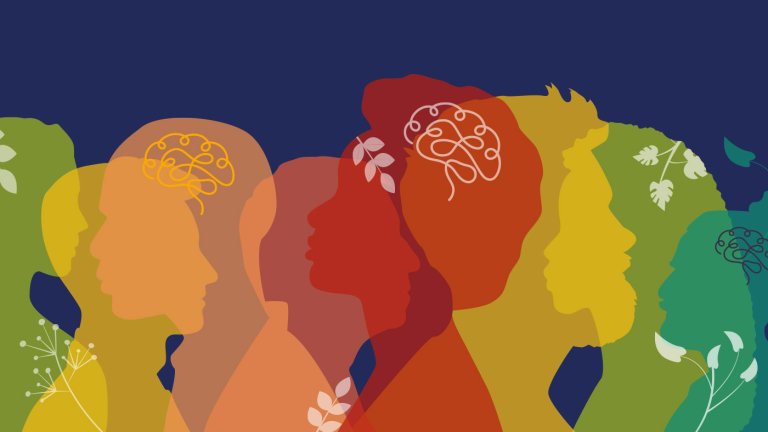Husband of UK Royal Dies After ‘Adverse Effects of Medication’
The tragic death of Thomas Kingston, husband of Lady Gabriella, has brought to light the dangers associated with antidepressant medications and the growing reliance on pharmaceutical interventions for mental health challenges. An inquest in Gloucestershire revealed that Kingston took his own life after experiencing severe adverse effects from antidepressants prescribed by a Buckingham Palace doctor.
A Royal Tragedy
Thomas Kingston, 45, passed away in February at his parents’ home in the Cotswolds. He had been married to Lady Gabriella Windsor, the daughter of Prince and Princess Michael of Kent, since their 2019 wedding at Windsor Castle, attended by the late Queen Elizabeth II.
Senior Coroner Katy Skerrett concluded that Kingston died from a self-inflicted wound but emphasised that there was no evidence of suicidal intent. She stated: “The evidence of his wife, family, and business partner all supports his lack of suicidal intent. He was suffering adverse effects of medication he had recently been prescribed.”
The Risks of Antidepressants
The inquest revealed that Kingston began taking antidepressants to address trouble sleeping caused by work-related stress. He was initially prescribed sertraline, an SSRI antidepressant, alongside zopiclone, a sleeping tablet, by a GP at the Royal Mews surgery. When the medication failed to improve his symptoms, he was switched to citalopram, another SSRI. Tragically, this shift appears to have worsened his mental state.
Lady Gabriella shared her belief that her husband’s death was directly linked to the adverse effects of these medications. She stated: “If anything had been troubling him, I’m positive that he would have shared that he was struggling severely. The fact that he took his life at the home of his beloved parents suggests the decision was the result of a sudden impulse.”
Her testimony raises serious concerns about the safety of these drugs and the lack of awareness surrounding their potential to provoke harmful reactions. “If this could happen to Tom, this could happen to anyone,” she warned.
A Call to Rethink Pharmaceutical Solutions
This heartbreaking case underscores the urgent need to rethink the widespread use of antidepressants and other psychiatric medications. Lady Gabriella’s plea highlights the importance of exploring safer, non-pharmaceutical approaches to mental health care. Educating the public about the risks of these drugs and advocating for alternative treatments could prevent further tragedies.
At Kiwis For Good, we remain steadfast in our belief that mental health challenges should be addressed through holistic, drug-free methods whenever possible. Kingston’s story serves as a stark reminder of the dangers posed by over-reliance on pharmaceuticals and the need for systemic change.
For more details, read the original article published in The Guardian here.






